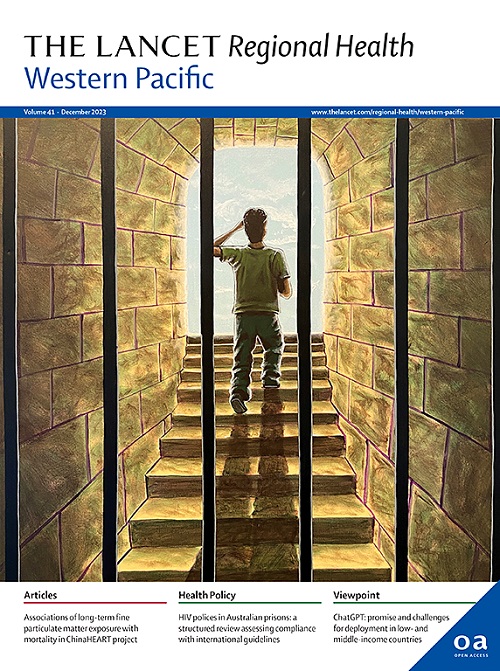From decentralization to re-centralization: lessons learned from Vietnam's rapid reversal in the financing of the Expanded Program on Immunization
IF 8.1
1区 医学
Q1 HEALTH CARE SCIENCES & SERVICES
引用次数: 0
Abstract
Ensuring sufficient financial resources for improving effective and efficient procurement of vaccines was highlighted by the Immunization Agenda 2030, which is particularly challenging for middle-income countries (MICs) that are ineligible for support from Gavi, the Vaccine Alliance. In response to the broader decentralization of the governance system and decreased international development aid, the central government of Vietnam decentralized the responsibility of financing the Expanded Program on Immunization (EPI) to provincial governments in 2023 but rapidly reversed it considering its following negative consequences, for example, severe vaccine stockouts and the largest decline in childhood immunization coverage in over 20 years. This paper analyzed the consequences closely linked to decentralization in Vietnam, the underlying reasons, and lessons for other MICs. To avoid recurrence, MICs should ensure the primary role of the central government in EPI financing and management, improve the local management capacity, and allocate more resources toward less-developed areas to narrow the intra-country disparities.
从分散到再集中:从越南在扩大免疫规划融资方面迅速逆转的经验教训
《2030年免疫议程》强调了确保充足的财政资源,以改善有效和高效的疫苗采购,这对没有资格获得全球疫苗免疫联盟支持的中等收入国家尤其具有挑战性。为了应对治理体系更广泛的权力下放和国际发展援助的减少,越南中央政府于2023年将扩大免疫规划(EPI)的融资责任下放给省级政府,但考虑到随之而来的负面后果,例如严重的疫苗短缺和20多年来儿童免疫覆盖率的最大下降,迅速撤销了这一责任。本文分析了与越南权力下放密切相关的后果、潜在原因以及对其他中等收入国家的教训。为避免再次发生,中等收入国家应确保中央政府在扩大免疫方案融资和管理中的主要作用,提高地方管理能力,向欠发达地区分配更多资源,缩小国家内部差距。
本文章由计算机程序翻译,如有差异,请以英文原文为准。
求助全文
约1分钟内获得全文
求助全文
来源期刊

The Lancet Regional Health: Western Pacific
Medicine-Pediatrics, Perinatology and Child Health
CiteScore
8.80
自引率
2.80%
发文量
305
审稿时长
11 weeks
期刊介绍:
The Lancet Regional Health – Western Pacific, a gold open access journal, is an integral part of The Lancet's global initiative advocating for healthcare quality and access worldwide. It aims to advance clinical practice and health policy in the Western Pacific region, contributing to enhanced health outcomes. The journal publishes high-quality original research shedding light on clinical practice and health policy in the region. It also includes reviews, commentaries, and opinion pieces covering diverse regional health topics, such as infectious diseases, non-communicable diseases, child and adolescent health, maternal and reproductive health, aging health, mental health, the health workforce and systems, and health policy.
 求助内容:
求助内容: 应助结果提醒方式:
应助结果提醒方式:


